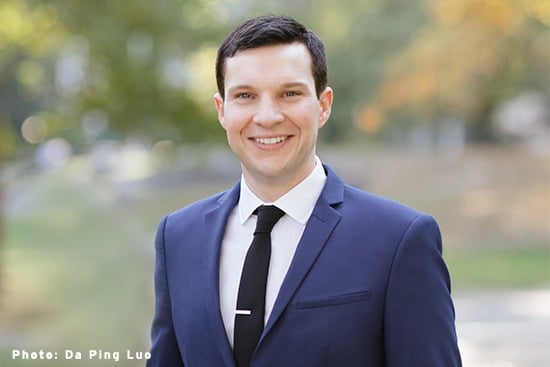Guess what? Curtis Institute has gone into artist management
NewsIt appears that the Curtis Institute has quietly followed San Francisco Conservatory by going into the music business.
Curtis currently represents the Dover Quartet and pianist Michelle Cann.
It has just promoted staffer Andrew Lane to Vice President, Touring and Artist Management, ‘taking on an important leadership role as Curtis expands its global presence and launches a new artist management initiative’.
Lane is a former booking agent at Opus3, which has been taken over by SanFran Con.
Expect some competition.

Expect also further disintegration of the old-style music biz.






Comments